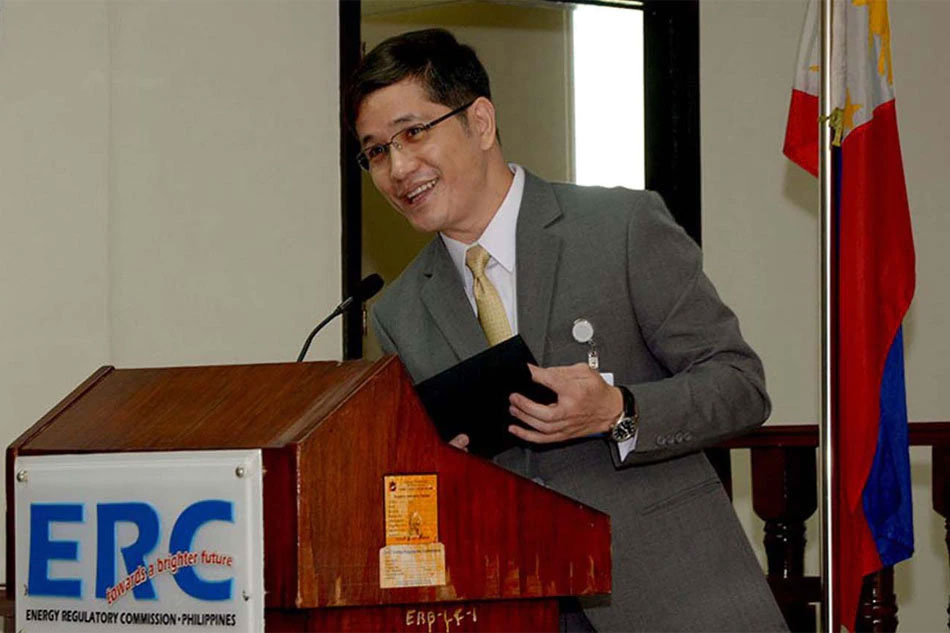Spanish Prime Minister Pedro Sanchez is facing an unprecedented crisis as his government grapples with a dual scandal of corruption and sexual harassment, shaking the foundations of the Socialist Party (PSOE). Just as Sanchez attempted to restore faith in his leadership following a high-profile graft case, the resignation of Francisco Salazar, a senior official accused of sexual misconduct, has thrown his party into further disarray. This is not just a political misstep; it represents a broader failure to uphold the values of equality and justice that are supposed to define a progressive government.
Corruption and Accountability in Spanish Politics
The PSOE has been under intense scrutiny due to allegations that former official Santos Cerdan orchestrated a kickback scheme to secure public works contracts. As reported by BBC, the fallout from these corruption charges has been severe, leading to calls for reform and accountability. The historical context of corruption in Spain is well-documented, with a legacy that has often seen political figures manipulate public trust for personal gain. According to New Statesman, this culture has been pervasive, undermining democratic institutions and eroding public confidence.
Sexual Harassment Allegations Shake PSOE Leadership
As Sanchez prepared to quell the corruption scandal, the allegations against Salazar erupted, describing a pattern of inappropriate behavior that included sexual harassment. An employee accused him of making lewd comments and soliciting her for private dinners and overnight stays, as reported by US News. This incident not only highlights the systemic issues within the PSOE but also raises alarming questions about the party"s commitment to protecting the rights of women. Sanchez"s call for women to report such abuses is commendable, yet it rings hollow against the backdrop of a leadership that has failed to create a safe environment.
\n\n
Controversial DICT exec Salazar quits | ABS-CBN News
Public Outcry and Political Consequences
The response from the public has been swift and unforgiving. Protesters gathered outside the PSOE headquarters, chanting for accountability and change. The discontent among the electorate is palpable; many are questioning whether Sanchez"s reforms will genuinely address the entrenched culture of corruption and harassment within the party. As noted by Castile-La Mancha Governor Emiliano Garcia-Page, the current scandal is one of the most serious in modern Spanish history, a sentiment echoed across social media and public forums.
Future of Sanchez"s Government at Stake
With a minority coalition relying on the support of nationalist and far-left parties, Sanchez is treading on thin ice. His assertion that "the captain does not abandon ship when rough seas come" may be more rhetoric than reality, as the integrity of his leadership is increasingly questioned. The lack of firm support from coalition partners could lead to calls for a no-confidence vote, as the conservative People"s Party seeks to capitalize on the PSOE"s misfortunes. The implications of this scandal extend beyond the immediate political landscape; they threaten to destabilize the very fabric of democratic governance in Spain.
\n\n
Spain"s parliament considers press access shakeup after spate ...
Need for Systemic Change and Reforms
In light of these events, the need for systemic change within the PSOE is clear. The proposed reforms to the party machinery, aimed at decentralizing power and protecting whistleblowers, are necessary first steps, but they must be implemented with urgency and transparency. The historical context of corruption and misconduct in Spanish politics, as illustrated in studies such as those found in Academia.edu, suggests that mere reforms without a cultural shift will be insufficient. The PSOE must prioritize civil rights and the voices of marginalized individuals if it hopes to retain the trust of the electorate.



![[Video] Gunfire between Iraqi security forces and Sadr militias in Baghdad](/_next/image?url=%2Fapi%2Fimage%2Fthumbnails%2Fthumbnail-1768343508874-4redb-thumbnail.jpg&w=3840&q=75)
